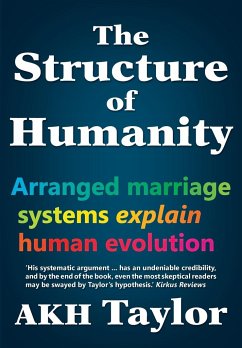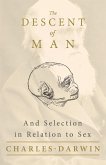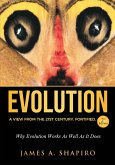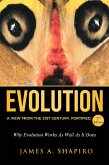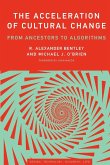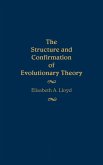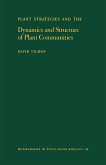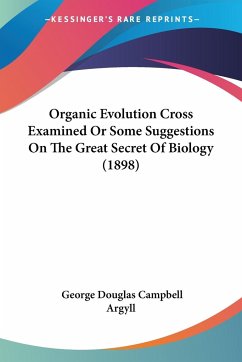This is an original theory of human evolution. Current arguments for human evolution take a Western viewpoint, assuming monogamy, selected marriage and food gathering as the important factors in human evolution. However, outside of Western societies, polygyny and arranged marriages are normal. This book argues that humans evolved using arranged marriages for cooperation, and that this is the defining factor in human evolution. Arranged marriages are the exchange of cooperation for reproduction. Before extensive central governments and market economies, people used arranged marriages to bind their societies. A second major implication is that people enter into long-term relationships with no selection. This form of cooperation and sexual reproduction is unique to humans amongst all animals, yet it has been ignored as a factor in human evolution. Original arguments are given for every major human trait, such as: cooperative behaviour, sexual behaviour, morphological traits, and verbal communication. This book begins by explaining why human evolution is due to sexual selection rather than natural selection. It then explains how arranged marriages are used for cooperation. Subsequent chapters consider: male cooperation, marriage, sexual selection, sexuality, female cooperation, and communication. The penultimate chapter gives a step-by-step explanation as to how the process of human evolution through arranged marriages could have occurred. This is made possible by the cross-cousin marriage system, which is central to human cooperative behaviour. It is possible to suggest at which stage traits evolved because each trait is directly linked to the complexity of the cross-cousin marriage system. This book will redefine humanity, as the ape that exchanges cooperation for reproduction.
Anthropological field research found that people in stone-age environments use arranged marriages for cooperation. Using this information, this book proposes that arranged marriages explain humanity's unique behavioural and physical traits. An arranged marriage is an exchange of cooperation for reproduction: "If you cooperate with us, your son can marry our daughter, and our daughter will marry your son". This marriage system creates a cooperative system requiring no central government or money and a mating system where there is no choice between sexual partners. All individual sexual selection is outside of marriage. This leads to conclusions: love is for extra-marital sexual relationships, married partners did not evolve to be cooperative, human intelligence is based on manipulating extremely complex marriage systems, and people use eye contact to initiate sexual interest because unmarried and unrelated men and women could not freely communicate. This book will redefine humanity as the ape that exchanges cooperation for reproduction.
Hinweis: Dieser Artikel kann nur an eine deutsche Lieferadresse ausgeliefert werden.
Anthropological field research found that people in stone-age environments use arranged marriages for cooperation. Using this information, this book proposes that arranged marriages explain humanity's unique behavioural and physical traits. An arranged marriage is an exchange of cooperation for reproduction: "If you cooperate with us, your son can marry our daughter, and our daughter will marry your son". This marriage system creates a cooperative system requiring no central government or money and a mating system where there is no choice between sexual partners. All individual sexual selection is outside of marriage. This leads to conclusions: love is for extra-marital sexual relationships, married partners did not evolve to be cooperative, human intelligence is based on manipulating extremely complex marriage systems, and people use eye contact to initiate sexual interest because unmarried and unrelated men and women could not freely communicate. This book will redefine humanity as the ape that exchanges cooperation for reproduction.
Hinweis: Dieser Artikel kann nur an eine deutsche Lieferadresse ausgeliefert werden.

